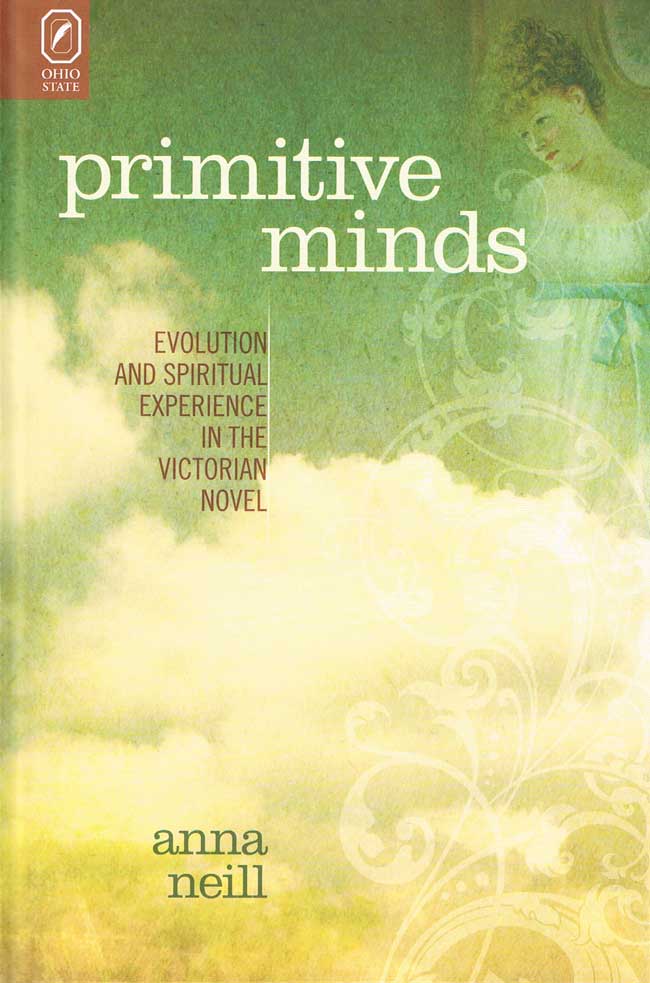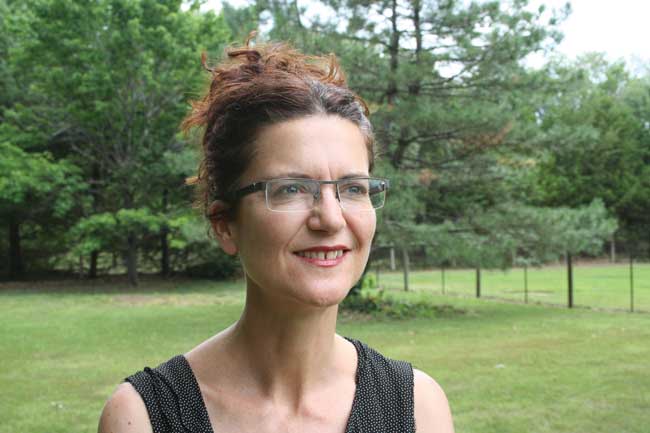Primitive MindsEvolution and Spiritual Experience in the Victorian NovelAnna Neill |
 7/26/2013 Literary Criticism/ 246 pp. 6x9  $59.95 cloth 978-0-8142-1225-7 Add cloth to shopping cart $28.95 paper 978-0-8142-5408-0 Add paper to shopping cart $14.95 CD 978-0-8142-9327-0 Add CD to shopping cart Shopping Cart Instructions Review/Change Shopping Cart & Check-out | |||
|
Explore More Vanessa L. Ryan, Thinking without Thinking in the Victorian Novel Robert Macnish, The Philosophy of Sleep “Well-Authenticated Rappings” from Dickens Journals Online William W. Ireland, “Can Unconscious Celebration Be Proved?” The Journal of Mental Science |
“In Primitive Minds, Anna Neill explores how Victorian writers of realism engaged with the evolutionary scientific and spiritualist discourses of their day. Neill offers many insights into the fascinating question of how Victorian writers from diverse fields viewed the importance of ‘dreamy states’ of mind for either unlocking or, in some cases, protecting the mind’s potential for intellectual, spiritual, or emotional growth.” —Louise Penner, University of Massachusetts, Boston “Primitive Minds reveals that the entire tradition of Victorian narrative fiction has been in dialogue with contemporary scientific developments in heretofore unsuspected ways. Anna Neill contributes a significant addition to our understanding of the novel as well as of the interplay between science and culture in the nineteenth century.” —Cannon Schmitt, professor of English, University of Toronto For twenty-first-century veterans of the evolution culture wars, Primitive Minds: Evolution and Spiritual Experience in the Victorian Novel, by Anna Neill, makes unlikely bedfellows of two Victorian “discoveries”: evolutionary theory and spiritualism. Victorian science did much to uncover the physical substratum of mystical or dreamy experience, tracing spiritual states to a lower, reflex, or more evolutionarily primitive stage of consciousness. Yet science’s pursuit of knowledge beyond sense-based evidence uncannily evoked powers associated with this primitive mind: the capacity to link events across space and time, to anticipate the future, to uncover elements of the forgotten past, and to see into the minds of others. Neill does not ask how the Victorians explained away spiritual experience through physiological psychology, but instead explores how physical explanation interacted with dreamy content in Victorian accounts of the mind’s most exotic productions. This synthesis, she argues, was particularly acute in realist fiction, where, despite novelists’ willingness to trace the nervous origins of individual behavior and its social consequences, activity in hidden regions of the mind enabled levels of perception inaccessible to ordinary waking thought. The authors in her study include Charlotte Brontë, Charles Dickens, George Eliot, Arthur Conan Doyle, and Thomas Hardy.
| |||


 Anna Neill
Anna Neill